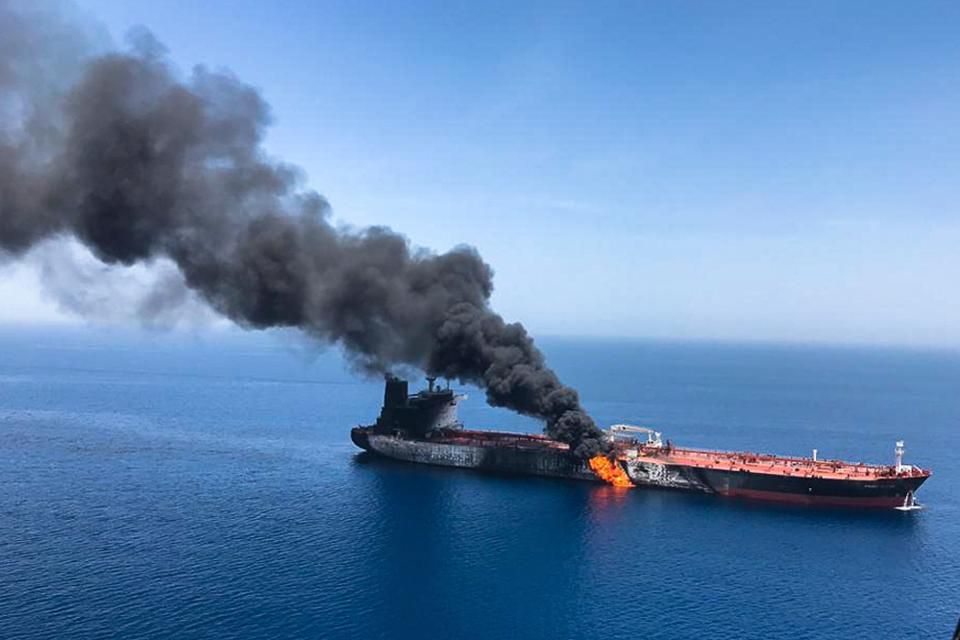
With the recent rumblings over Iran and Joe Biden’s bizarre claim that his presidency would cure cancer, it got me thinking of those two things and whether or not war and curing disease have anything in common.
Let me start by saying that although I believe Biden’s claim was nothing more than a random empty political promise, the government could very well take an active role in something like curing a disease and it has done so in the past.
A cure for cancer is not at all beyond science, not by a long shot. It’s mostly a matter of money and time to find a cure. But in the end it’s really mostly about money. The more more money involved, the more research can be done, the more great minds that field of research attracts, and the sooner you find a cure. It’s a pretty simple equation really. The more money available to solve problem, the sooner that problem can be solved.
So that brings us to the next topic, which is war. War is obviously very expensive, both in lives lost and in financial terms. Our most recent war, the war in Iraq an Afghanistan has cost a staggering $5 trillion with the higher estimates putting it at around $6 trillion.
What makes those numbers even harder to swallow is the fact that both of those wars were not necessary, they were in essence “elective” wars, or wars of choice. The people who orchestrated the wars had no clue what the outcome would be, but they gambled $5 trillion and ended up losing it all along with so many precious lives.
So that brings me to the point of this article. Imagine if that money spent on our last war in Iraq was instead spent on medical research. What exactly could it pay for?
For comparison, I looked at one of the largest pharmaceutical companies in the world, Pfizer, Inc. Most cures and treatments will come from the pharmaceutical industry so it’s only fitting to see how much money one of the largest pharmaceutical companies spends in a year looking for new cures and treatments.
In 2017, Pfizer spend about $7 billion on research and development across the whole company. That’s what it spent researching new medicines for the entire year. So how many years of medical research could the Iraq war budget of $5 trillion equal? Well, it turns out to be a whopping 715 years of pharmaceutical research funding that could have been paid for using the budget for the Iraq war.
But you could be saying that’s only one company, it’s easy to make the numbers look bad if you cherry pick the budgets to find your total. Fine, let’s take the entire R&D budget of the entire pharmaceutical industry for 2016, which was $65 billion. Even then, the Iraq war budget would pay for pharmaceutical research until nearly the year 3000 (2096 to be exact). So enough research to make it to the next century at the current pace.
But of course, it’s not about how long that $5 trillion would last at current research spending. If that $5 trillion was spent on research now, it would speed up the process, not extend it. Using the last example, it would speed up the process 76 times if money was the sole indicator of research success, and it often is. Of course, there is no way to know exactly how much research would be sped up, but no doubt spending 77 years worth of research money in a few years would yield results much faster, for that there can be no debate. Anyone who has ever been involved in research understands that funding is the fuel behind success.
So that’s just something to think about as the powers that be seem to be begging for war with Iran. If it turns out anything like the Iraq war, the opportunity cost of spending all that money could be more than people even realize.
Note: If you enjoyed this article, please make sure to share it!


SHARE